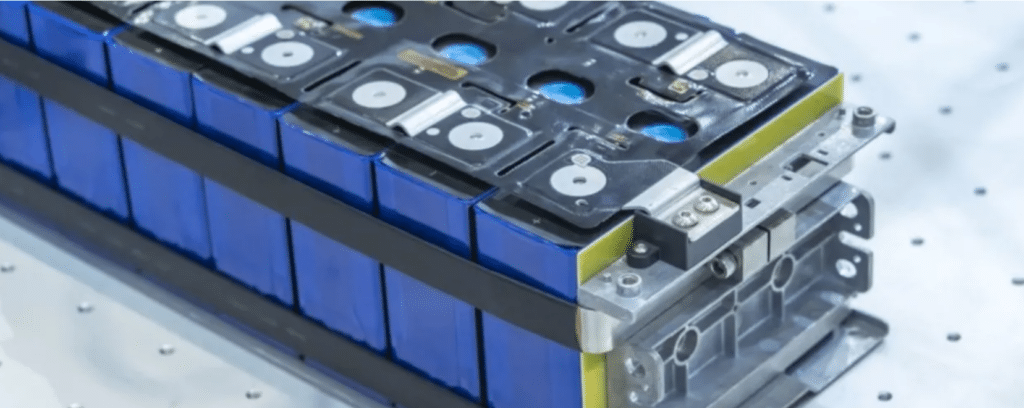Scientists at UNSW Sydney reveal a battery material for advanced energy integration technologies crucial for enhancing the use of renewable energy sources.

Scientists at UNSW Sydney have unveiled an advancement in battery technology, introducing a hydrogen-ion battery that promises to revolutionize energy storage. This design relies on hydrogen ions, or protons, to transfer energy, offering a more sustainable alternative to lithium-ion batteries, which depend on resource-intensive mining and expensive supply chains.
At the heart of this innovation is an organic anode material called tetraamino-benzoquinone (TABQ), which enables efficient storage of protons. The battery operates by moving ions between the anode and cathode through an electrolyte, a process common in energy storage systems. Remarkably, the all-organic proton battery is effective even at sub-zero temperatures, according to Professor Chuan Zhao.
While lithium-ion batteries are cleaner than fossil fuels, their production involves high costs and environmental challenges. Alternatives like potassium and sodium have shown promise, but hydrogen-ion technology stands out for its safety and efficiency. Unlike lithium-ion packs, which carry fire risks, this new design minimizes such hazards.
TABQ’s success lies in its ability to support rapid proton movement via hydrogen-bond networks, improving energy density and power output. The research team initially worked with tetrachloro-benzoquinone (TCBQ), modifying its chemistry to create the more effective TABQ anode. When paired with a TCBQ cathode, the battery demonstrated good performance, with a lifespan of 3,500 charge-discharge cycles.
This is particularly suited for renewable energy storage, addressing a key challenge in the transition to cleaner power systems. The team also envisions the battery enabling more efficient hydrogen transportation as stored protons. While its production isn’t cheap yet, its reliance on abundant light elements suggests scalability and affordability in the future. As the U.S. increasingly embraces renewables, which already generate over 20% of electricity, innovations like this hydrogen-ion battery could play a crucial role in reducing emissions and combating climate change.








